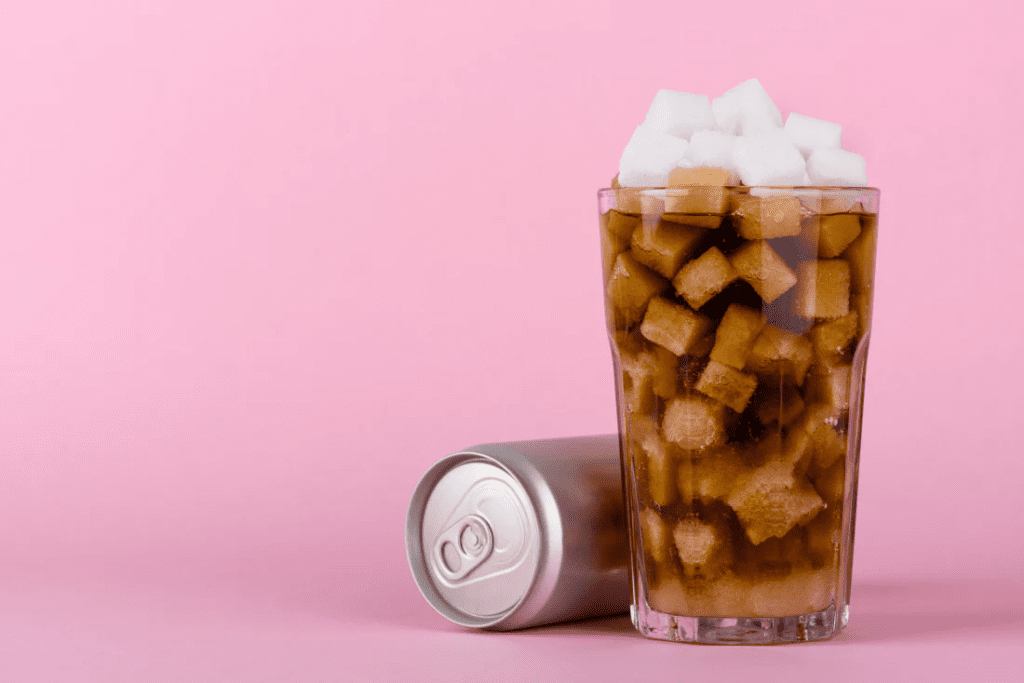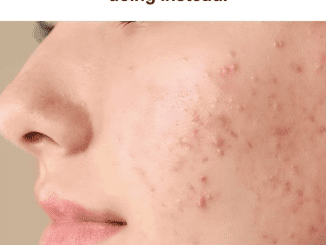Soda might seem like a harmless treat, but its impact on your health goes far beyond the occasional sugar rush. Despite being one of the most consumed beverages globally, soda is silently wreaking havoc on your bones and overall health. Shockingly, millions of people drink it every day, often unaware of its damaging effects. Let’s dive into how soda affects your body, particularly your bones, and why it’s time to reconsider reaching for that fizzy drink.
The Hidden Dangers of Soda Consumption

When we think about soda, we often associate it with weight gain and sugar overload. But the dangers extend deeper—right into your bones. Soda’s acidic and sugar-laden composition makes it a silent culprit behind weakening bone density, among other health issues.
Here’s the kicker: it’s not just occasional indulgence that’s the problem. Regular consumption of soda can lead to long-term health complications that are difficult to reverse.
How Soda Weakens Your Bones
Your bones are like the foundation of a building, and they need proper care to remain strong. Soda consumption is one of the biggest threats to bone health, and here’s why:
- Phosphoric Acid and Calcium Loss
Soda often contains phosphoric acid, which disrupts your body’s calcium balance. Calcium is essential for bone strength, and when it’s depleted, your bones become weaker and more susceptible to fractures. - Reduced Bone Mineral Density
Studies have linked soda consumption to lower bone mineral density, a precursor to conditions like osteoporosis. Think of it like rust slowly eating away at a sturdy metal framework—it’s not immediate, but over time, the damage becomes severe.
Soda’s Ripple Effect on Overall Health
Bone health isn’t the only thing at stake. Regular soda consumption is tied to a host of other health issues, many of which compound over time.
1. Tooth Decay and Enamel Erosion
Soda’s high sugar content and acidity are a nightmare for oral health. The acid erodes enamel, the protective outer layer of your teeth, making them prone to decay and cavities. Once the enamel is gone, it doesn’t grow back, leaving your teeth vulnerable to permanent damage.
2. Weight Gain and Obesity
Soda is packed with empty calories, which can contribute to weight gain when consumed regularly. It also disrupts your metabolism, making it harder to burn fat. Over time, this can lead to obesity—a condition linked to numerous health problems, including joint pain and heart disease.

3. Increased Risk of Type 2 Diabetes
A single can of soda can contain more sugar than your daily recommended intake. This sugar spike causes your insulin levels to surge, putting you at risk for insulin resistance and, eventually, type 2 diabetes.
4. Liver and Kidney Damage
Soda consumption has been associated with non-alcoholic fatty liver disease and chronic kidney disease. The high fructose content in soda stresses your liver, while the excess phosphates burden your kidneys, increasing the risk of kidney stones.
5. Heart Disease and High Blood Pressure
Regular soda drinkers often experience elevated blood pressure and triglyceride levels, both of which increase the risk of cardiovascular disease. Over time, soda acts like a slow poison for your heart, weakening its ability to function optimally.
Alternatives to Soda for a Healthier Lifestyle

The good news? You don’t have to give up fizzy drinks entirely. Here are some healthier alternatives to quench your thirst:
- Sparkling Water with a Twist: Add a splash of fruit juice or fresh herbs like mint for a refreshing, soda-free option.
- Kombucha: This fermented tea is fizzy, flavorful, and loaded with probiotics to support gut health.
- Flavored Herbal Teas: Served cold, these can be just as satisfying as soda without the harmful effects.
- Homemade Infused Water: Experiment with combinations like cucumber and lime or strawberry and basil for a tasty, hydrating drink.
Breaking the Soda Habit
Quitting soda can be tough, especially if it’s been a daily habit for years. But the benefits of giving it up far outweigh the temporary cravings. Start by gradually reducing your intake, switching to healthier options, and being mindful of your choices. Treat soda as an occasional indulgence rather than a daily staple.
The Bottom Line
Soda might taste good, but the hidden damage it causes to your bones and overall health isn’t worth the momentary pleasure. From weakening your skeletal system to increasing the risk of chronic diseases, soda is a drink that deserves a warning label. By cutting back and choosing healthier alternatives, you can protect your bones, teeth, and vital organs from its harmful effects. Remember, your body is your most valuable asset—treat it with the care it deserves.


